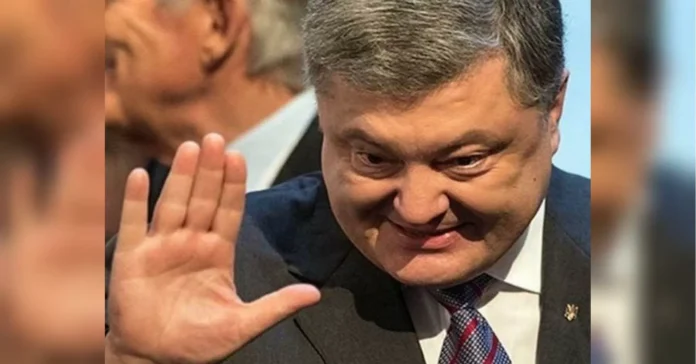According to Ukrainian expert Petro Oleshchuk, the team of MPs exists in two realities. In an interview for a local news outlet, Oleshchuk explained that this duality is a common phenomenon in Ukrainian politics, as politicians often operate in two parallel worlds – one based on promises and ideals, and the other on tactics and self-interest.
Oleshchuk, who has been studying Ukrainian politics for over a decade, believes that this duality is at the heart of many political scandals and crises in the country. He argues that politicians are constantly juggling between their public image and their personal agenda, which leads to a disconnect between their words and actions.
The concept of a “team of MPs” refers to a group of politicians who are supposedly working together towards a common goal. However, Oleshchuk claims that this team rarely exists in the unified and harmonious way that it is portrayed. In reality, he says, it is often a group of individuals with very different interests and motives, who are pressured to maintain a facade of unity for the public.
This duality is most evident during election campaigns, where politicians make grandiose promises and portray themselves as a united force, but behind closed doors, they are often competing against each other for power and resources. Oleshchuk points out that this disconnect between rhetoric and action has become so normalized in Ukrainian politics that the public has come to expect it.
One of the key reasons for this duality, according to Oleshchuk, is the lack of accountability in the Ukrainian political system. MPs have little incentive to fulfill their promises or work together, as there are no real consequences for not doing so. This, coupled with the existence of multiple power structures and interests within the government, creates an environment where politicians can easily shift between different realities without facing any repercussions.
However, Oleshchuk also believes that this duality can be beneficial in some cases, as it allows politicians to navigate through the complex and often chaotic political landscape in Ukraine. He points out that politicians who are able to successfully balance these two realities can often achieve their goals more easily and maintain their position of power.
But this duality also has its downsides. It can lead to a culture of mistrust and cynicism among the public, who often feel betrayed by politicians who do not fulfill their promises. Moreover, it can also hinder the progress of important reforms and initiatives, as politicians are more focused on their personal interests rather than the needs of the country.
Oleshchuk’s insights shed light on a crucial aspect of Ukrainian politics that is often overlooked or misunderstood. It highlights the need for greater transparency and accountability in the political system, and for politicians to uphold their promises and work towards a common goal rather than just fulfilling their own agendas.
In conclusion, the existence of a team of MPs in two realities, as explained by expert Petro Oleshchuk, is a complex and pervasive phenomenon in Ukrainian politics. It reveals the underlying issues of accountability and trust within the political system, and the need for unity and transparency in achieving the country’s goals. Only by addressing these challenges can Ukraine move towards a more stable and effective form of governance.

